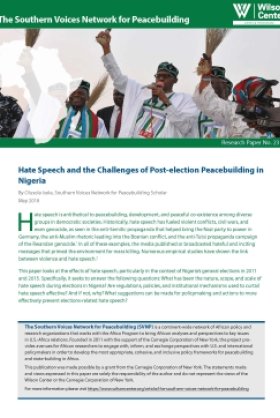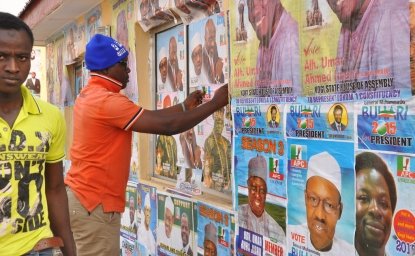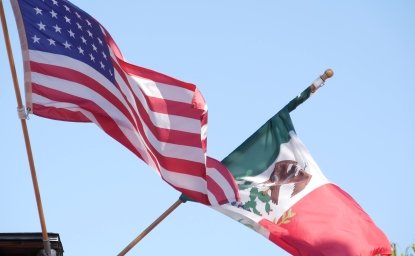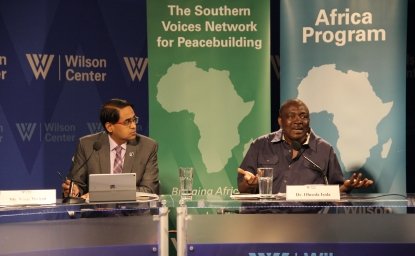Hate Speech and the Challenges of Post-Election Peacebuilding in Nigeria


Hate speech—verbal or written attacks on persons or groups based on shared attributes such as ethnicity, race, religion, political beliefs, gender, sexual orientation, or disability—hinders peacebuilding and poses challenges to peace- and nation-building. In the recent elections in Nigeria, including the 2011 and 2015 general elections, hate speech was a serious issue, exacerbating social cleavages including ethnic, regional, and religious tensions. In grappling with this problem, Nigerian policymakers have introduced preventative measures including an extreme proposal to activate the death penalty against perpetrators of hate speech, which have in turn ignited debates around free speech and its limits.
In this paired paper and policy brief, Southern Voices Network for Peacebuilding Scholar Olusola Isola explores elections-related hate speech in the context of Nigeria’s 2011 and 2015 general elections, and the challenges it poses to peacebuilding post-election. He provides policy recommendations on how Nigeria’s Independent National Electoral Commission, civil society organizations and actors, media organizations, and the international community can counter and curtail the practice of hate speech during election periods.
Author

Senior Lecturer in Peace, Security and Humanitarian Studies Department, University of Ibadan, Nigeria

Africa Program
The Africa Program works to address the most critical issues facing Africa and US-Africa relations, build mutually beneficial US-Africa relations, and enhance knowledge and understanding about Africa in the United States. The Program achieves its mission through in-depth research and analyses, public discussion, working groups, and briefings that bring together policymakers, practitioners, and subject matter experts to analyze and offer practical options for tackling key challenges in Africa and in US-Africa relations. Read more

Explore More
Browse Insights & Analysis
'Hate Speech' in Nigeria’s Elections


